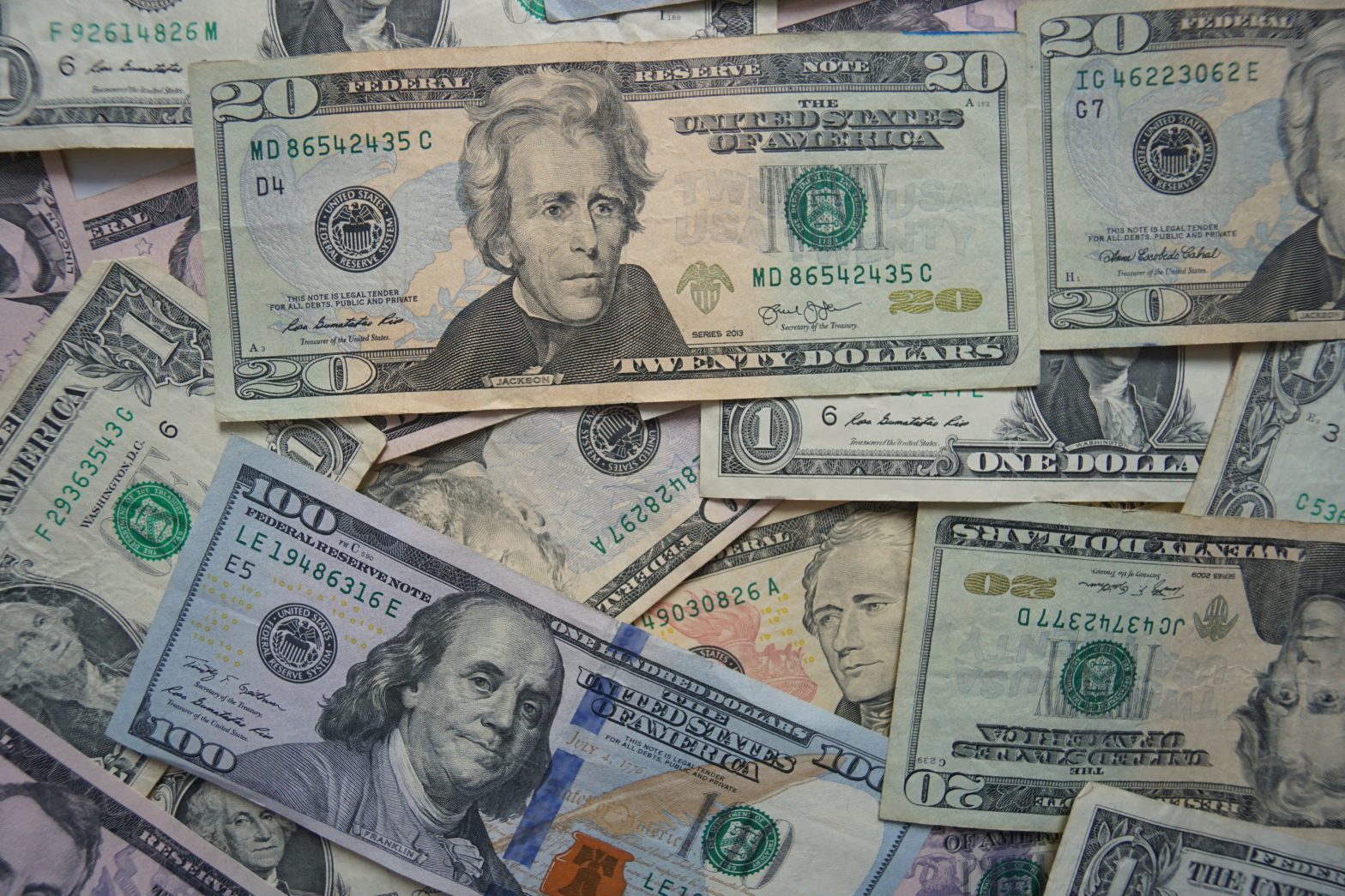“Annual income £20.00, annual expenditure £19.97½, result happiness.
“Annual income £20.00, annual expenditure £20.02½, result misery.”
— Mr. Micawber, from Charles Dickens’ David Copperfield
Both the 20th and 21st centuries have provided an opportunity in capital markets unparalleled in history. Anyone can earn money by saving and investing. Returns can be volatile, but the idea of approaching a double-digit average return on investments year after year, safe from hyperinflation, expropriation, or other disruption, is very special.
This phenomenon has created the concept of retirement, where financial assets can grow over a lifetime and eventually replace the need to work. But how do you get your money invested and working early enough to make a difference?
When I ask my clients how much income it would take for them to live comfortably and save appropriately, the answer is usually the same — something like 20 percent more than what they earn now.
The irony, of course, is that it’s like a treadmill — someone else is dissatisfied living on your 20 percent higher dream income, and there are others desperate to make it to your baseline.
Money does equal happiness, but only up to a point. Studies have suggested that a household income of about $75,000 is the upper boundary of that zone. Everyone would appreciate a raise, but studies suggest that emotional well-being, defined as aspects of day-to-day joy, sadness, anxiety, anger, and happiness, is controlled by other variables once basic needs are met and income rises above $75K.
How to get there? Well, spending less is a lot easier than earning more. The only way off the treadmill is to truly believe that beyond a certain point more spending does not equal more happiness.
Bill Gates famously says, “It’s the same hamburger,” when asked about being a billionaire. He has the means to hire chefs or fly in food from the finest restaurants in the world, but he still eats a lot of hamburgers. More expensive options simply don’t make him any happier and he has nothing to prove by consuming more.
I used to have an almost-daily Starbucks habit that I decided to address. Rather than budgeting $10 or $20 every week to moderate it and occasionally treat myself, I realized I was paying a huge premium for an addictive product that didn’t really matter to me. I switched to homemade decaf, which I can take in my insulated mug down to a park bench among the Starbucks sippers essentially for free.
That saving strategy works for me not because I’ve trained myself to accept privation; it works because my mindset is now that spending money makes me feel deprived. Just like Bill Gates (well, maybe not exactly), I also have nothing to prove. If someone thinks my DIY coffee is less impressive than a Starbucks cup, so be it. I’d rather have the money.
To paraphrase the Dickens quote above, if you can find true happiness living below your means, everything else is likely to fall into place. That revelation is more powerful than a thousand life hacks or budgeting tips, even if you can’t let go of Starbucks. There are probably things you can release, which, with the right mindset, could leave you closer to financial independence — and just as happy.
Gene Gard is Co-Chief Investment Officer at Telarray, a Memphis-based wealth management firm that helps families navigate investment, tax, estate, and retirement decisions. Contact him at ggard@telarrayadvisors.com.
